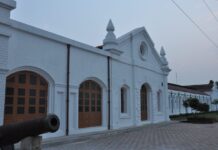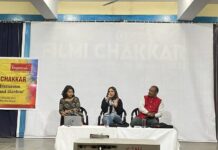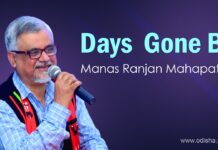Savita Ambedkar
A lot of people have been curious about how, where and when I entered Dr Ambedkar’s life. Likewise, a number of them have spun their own absurd yarns in this matter according to their predilections. Obviously, I don’t need to care about these preposterous imaginations that others have allowed to run free.
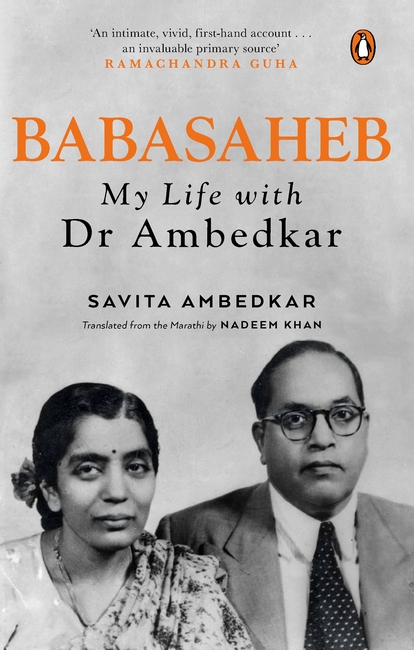
It can be seen everywhere in India that not only the followers, but also the opponents of a great man can never be satisfied without weaving circles of miracles, legends and hare-brained rumours around his life. History can reveal to us any number of examples of the lives of extraordinarily great men being festooned with all kinds of rumours, good and bad, according to whether they want to deify
them or demonise them.
If this is the state of affairs among the upper castes in this country, the community that is regarded as educated and advanced, it’s best not to imagine the state of the community that has been incapacitated by thousands of years of slavery, against whom religion has shut the doors of education, which has lived life ostracised by the rest of society.
Among the many rumours pasted to Dr Ambedkar’s life, a few of those doing the rounds relate to where, how and when he and I met each other. When I hear of some of the more miracle-ridden stories on this matter, I really don’t know whether to laugh or to cry. Sometimes I feel amused and sometimes I am wonderstruck. How such rumours and tales of imagination get attached to the lives of great men is a huge conundrum. Particularly, how the tellers imagine them and how the listeners are willing to believe them is impossible for me to understand.
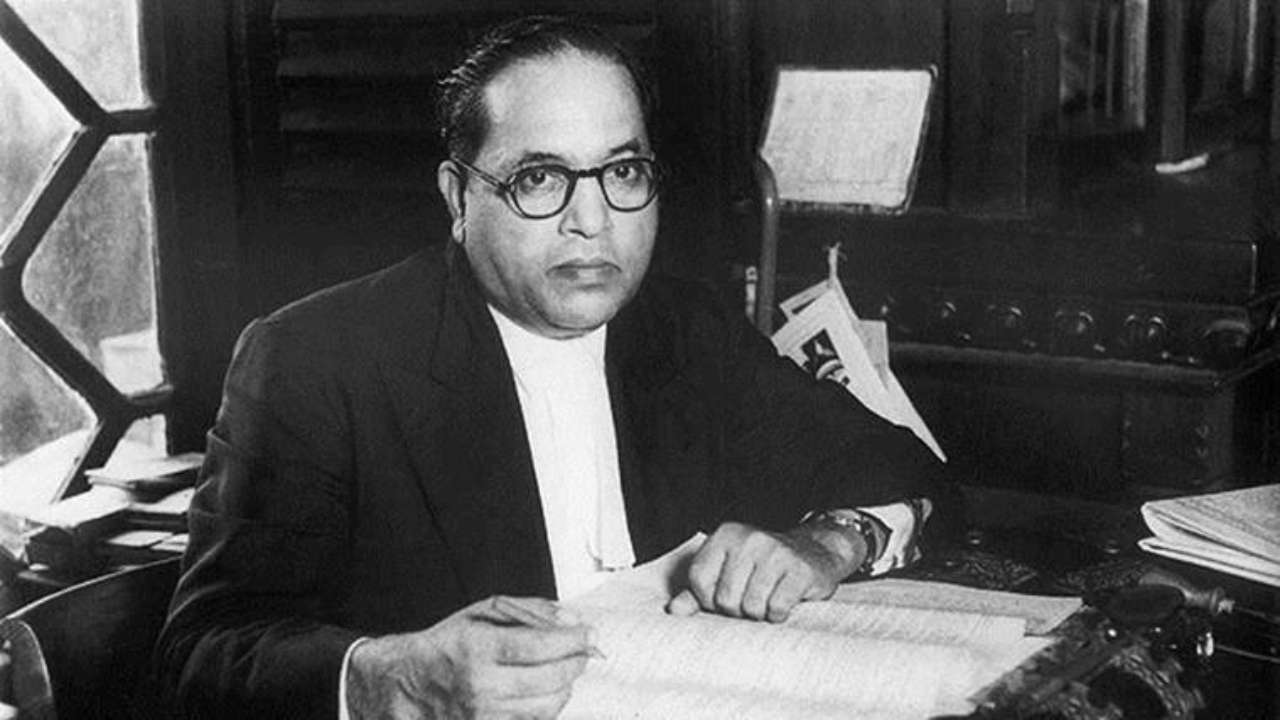
Also, the tellers of these stories do it with such confidence and with such spicing up that one would believe it all happened before their eyes. I know that extreme curiosity exists in the minds of everyone regarding my first meeting with Dr Ambedkar. Therefore, without stretching their patience any further, I throw light here on our first meeting.
A Mysorean gentleman by the name of Dr Rao lived in the Parle suburb of Mumbai. This scholar was an economist and he had gone abroad for his higher education. The Rao family was highly educated and extremely cultured. Their family and ours enjoyed considerable intimacy, as a result of which we often visited each other. Dr Rao’s daughters were also very suave, highly educated girls; consequently, I became great friends with them and would naturally visit their house quite often.
By sheer coincidence, Dr Rao and Dr Ambedkar were close friends too, which meant that Dr Ambedkar was a frequent visitor to the Rao house. As Dr Ambedkar had been inducted into the Viceroy’s Executive Council as Labour Minister in 1942, he was living in Delhi. Whenever he came touring to Mumbai, he would make it a point to squeeze out the time to visit his dear friend.
And once the duo of Dr Ambedkar and Dr Rao settled down to chat, the discussion would invariably turn seriously intellectual. As they nibbled on snacks, the two scholars would hold deep, no-holds-barred discussions on a wide variety of subjects; on rare occasions they would even get into arguments. On a few such occasions I had the good fortune of listening to these exchanges. Till the time I actually met Dr Ambedkar at Dr Rao’s house, I had no knowledge of his frequent visits there. I would go there only to meet my friends.
During my life as a student, I focused single-mindedly on my studies. Later, when I began working, my attitude had been to stay confined to my work. Since I was right there when Dr Ambedkar arrived, Dr Rao introduced me to him as a basic formality. He told him that I was his daughters’ friend, I had done my MBBS, I was working as a junior doctor with the eminent Dr Malvankar and so forth.
While introducing Dr Ambedkar to me, Dr Rao said that Dr Ambedkar had risen up through extremely difficult circumstances and had acquired degrees from foreign universities. He talked about Dr Ambedkar’s work on social reform, his priceless writings, his erudition, his library and so on. I was obviously delighted at being introduced to such a great person.
I was overawed by Dr Ambedkar’s scholarship and his deeply impressive and illustrious personality. At this very first meeting, I knew that Dr Ambedkar was no ordinary person; I was in the presence of a very great man. Dr Ambedkar possessed an impressive personality.
Whoever saw him for the first time would immediately understand why foreigners referred to him as a German prince. His awesome personality combined with his enormous scholarship left an indelible impression upon the observer. After the introduction, Dr Ambedkar inquired about me with great affection. He was deeply concerned about women’s progress.
Since it was a rather rare thing during those days for a woman to become a doctor, he congratulated me. Alongside, he expressed his desire of seeing women joining steps with men in every field with zest and vigour. As the conversation proceeded, I heard some wonderful things from Dr Ambedkar, a vast number of which I had never known.
We also talked about Buddhism during this very meeting. His knowledge of Buddhism left me literally goggle-eyed with wonder. Every word he uttered dripped with colossal knowledge and immense learning. When he put forward his points, he did so by supporting them with evidence, context and examples.
His arguments were so well-grounded and so unassailable that even his opponents could do little other than nod their heads. One could clearly see that along with a vast amount of reading, there were hours of contemplation and sharp reasoning behind every word he uttered.
We did meet a few times after this first meeting, every time by coincidence and every time in Dr Rao’s house at Parle. Each time we met, we had formal conversations on a wide variety of issues. I learnt a lot of new things during these conversations and kept increasing my treasure of knowledge. Each time I felt blessed and delighted and proud to have begun to know such a great man.
(Excerpted with permission from Babasaheb: My Life With Dr Ambedkar, Dr Savita Ambedkar, translated from the Marathi by Nadeem Khan, Penguin Random House/ Gurugram.)






















